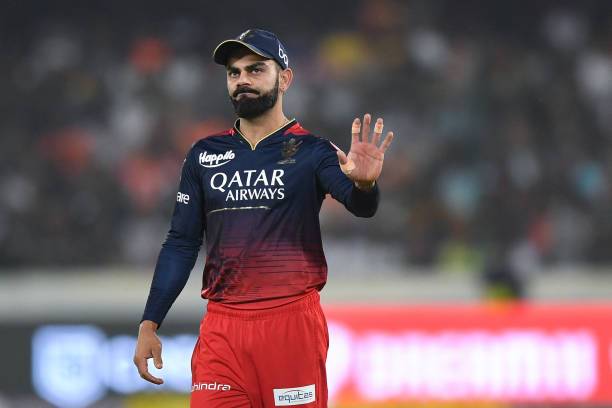The Role of International Law in Regulating Cross-Border Cricket Matches: Lotusbook 365, Play99exch, All panel mahadev
lotusbook 365, play99exch, all panel mahadev: Cricket is a sport that is loved and followed by millions of people around the world. With the increasing popularity of the sport, it is not uncommon to see cross-border cricket matches being played between different countries. However, with matches taking place across international boundaries, the role of international law becomes crucial in regulating these contests.
International law plays a significant role in regulating cross-border cricket matches by providing a framework for resolving disputes, ensuring fair play, and upholding the integrity of the game. This article explores the various ways in which international law impacts cross-border cricket matches and why it is essential for the smooth functioning of the sport.
1. Jurisdictional Issues
One of the primary concerns in cross-border cricket matches is determining which country’s laws apply during the game. International law helps in clarifying jurisdictional issues and ensuring that disputes are resolved in a fair and unbiased manner.
2. Player Contracts
International law also governs player contracts in cross-border cricket matches, ensuring that players are protected and their rights are upheld. This helps in preventing disputes between players and teams and promoting a harmonious relationship between all parties involved.
3. Anti-Doping Regulations
International law also plays a crucial role in regulating anti-doping regulations in cross-border cricket matches. By adhering to international anti-doping standards, players and teams can compete on a level playing field, ensuring fairness and integrity in the game.
4. Match-Fixing and Corruption
Match-fixing and corruption are serious concerns in modern-day cricket. International law helps in combating these issues by providing a legal framework for investigating and prosecuting individuals involved in such practices. This helps in maintaining the integrity of the sport and upholding its reputation.
5. Dispute Resolution Mechanisms
In case of disputes or conflicts arising during cross-border cricket matches, international law provides dispute resolution mechanisms to ensure that issues are resolved promptly and fairly. This helps in preventing conflicts from escalating and disrupting the game.
6. Protection of Intellectual Property Rights
International law also governs the protection of intellectual property rights in cross-border cricket matches, ensuring that trademarks, logos, and other intellectual property are safeguarded. This helps in preventing unauthorized use of intellectual property and promoting the commercial interests of cricket governing bodies.
Frequently Asked Questions (FAQs)
1. Can international law regulate player transfers in cross-border cricket matches?
Yes, international law can regulate player transfers by providing a legal framework for negotiating contracts, resolving disputes, and ensuring player protection.
2. How does international law address issues of national sovereignty in cross-border cricket matches?
International law respects the principle of national sovereignty while also providing guidelines for resolving jurisdictional issues and promoting harmonious relations between countries.
3. What role does international law play in combating corruption in cross-border cricket matches?
International law provides a legal framework for investigating and prosecuting individuals involved in match-fixing and corruption, helping to maintain the integrity of the sport.
In conclusion, the role of international law in regulating cross-border cricket matches is crucial for ensuring fair play, resolving disputes, and upholding the integrity of the game. By adhering to international legal standards, players, teams, and cricket governing bodies can promote a level playing field and maintain the reputation of the sport.







